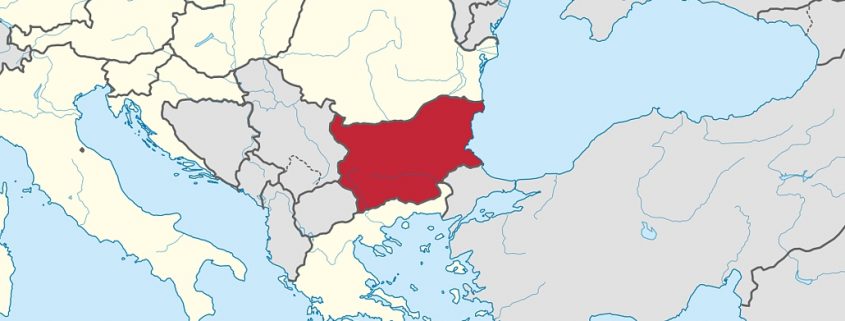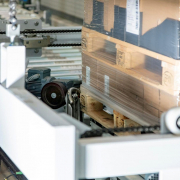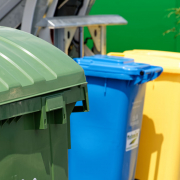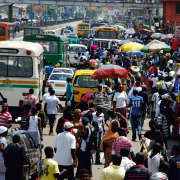Bulgaria Is Progressing in Waste Management
As reported by Serbian-based online platform Balkan Green Energy News in November last year, Bulgaria’s environment ministry intends to build two waste treatment plants in the Sandanski municipality.
According to the information, the project (worth a total of 4.75 million Euro) involves the construction of a composting plant (capacity: 2,623 tons per year) and an installation for preliminary treatment of waste (10,430 tons per year). The construction work is expected to be completed in 2020. The EU operational program will help financing this project.
Some weeks earlier the online platform reported that in the Bulgarian capital of Sofia a combined heat and electric power plant is to be built, which would use processed waste from a waste management facility in the capital city. It is planned that the new unit, which is part of the integrated Sofia municipal waste project, will partly replace heat generation from existing natural gas-powered facilities. The financing is – inter alia – provided by a loan of the European Investment Bank and an EU grant.
Steady economic growth
According to the European Commission, Bulgaria’s economy is set to continue its steady growth, driven mainly by private and public consumption and a recovery in investment. Real GDP (Gross Domestic Product) growth in 2017 was expected to reach 3.9 percent following a good performance of the economy in the first half of the year and an upward revision to 2016’s real GDP growth rate by 0.5 pps, the Commission stated in autumn last year. In 2018 GDP growth is expected to reach 3.8 percent (year-on-year).
Investing in Bulgaria
“Bulgaria’s strategic geographic location serves as a bridge between the EU and the rapidly growing markets of Russia, Turkey, the Middle East and CIS countries, placing the country in the center of transit between these regions,” the country’s InvestBulgaria Agency stated to underline the business opportunities. “Furthermore, five pan-European corridors pass through Bulgaria’s territory, including corridor № VII (the Danube River, connecting Bulgarian ports with the North Sea entirely by water) and TRACECA (TRAnsport Corridor Europe – Caucasus – Asia, connecting the country to Central Asia).” The agenda of the government to emphasize on the modernization of infrastructure in the upcoming years would be set to reduce significantly the required time for transportation of cargo, “placing the country in a pole position for attracting new investors interested in expanding their businesses in these geographies”.
InvestBulgaria Agency is a governmental institution providing information, contacts and project management support to potential investors. Its services include provision of macroeconomic data, company and industry profiles, legal advice, information on Foreign Direct Investment (FDI) incentives and EU funds, on site and facility locations as well as on industrial and free zones, investment project support and administrative and legal support.
Photo: Wikimedia
GR12018








